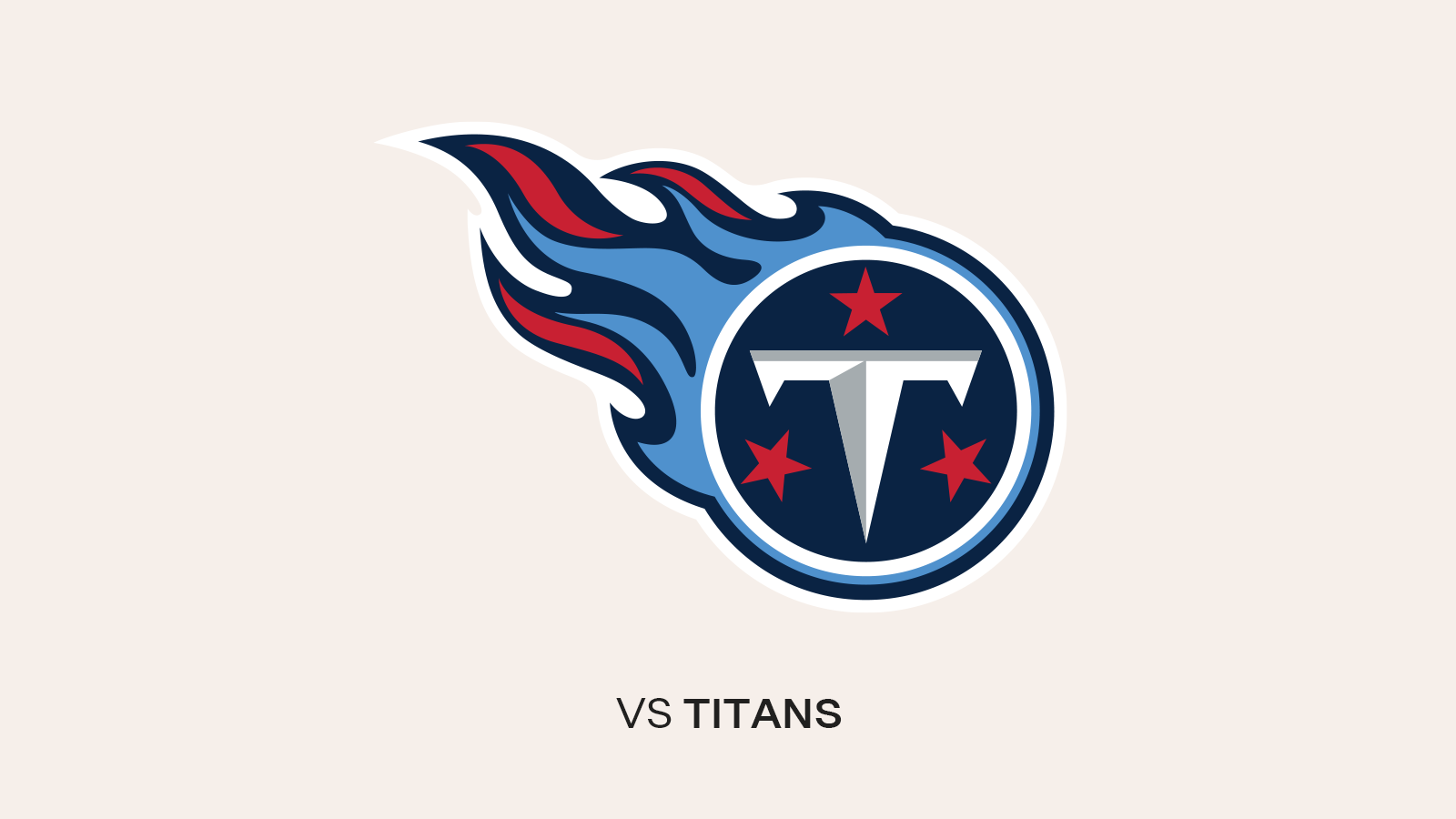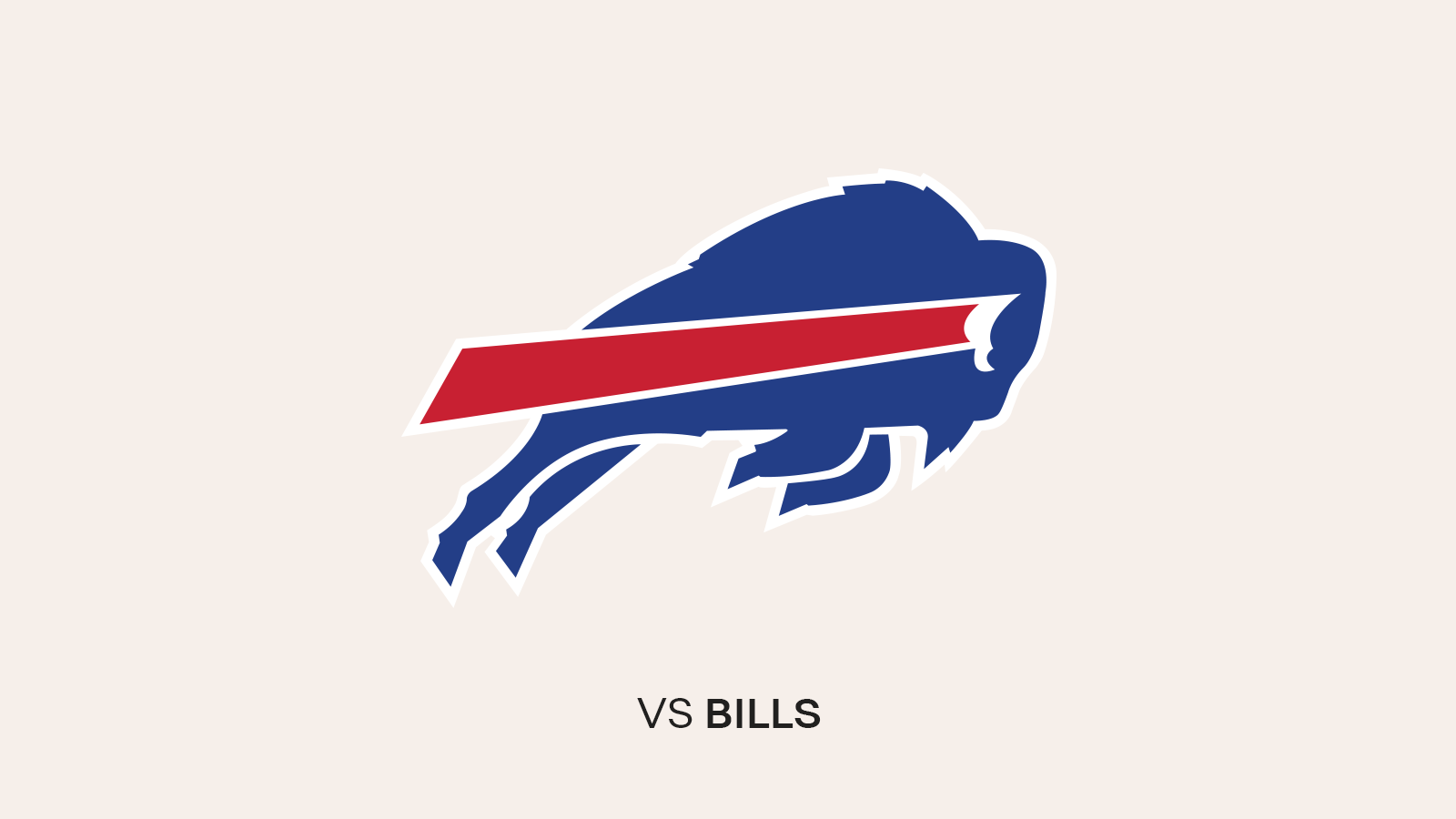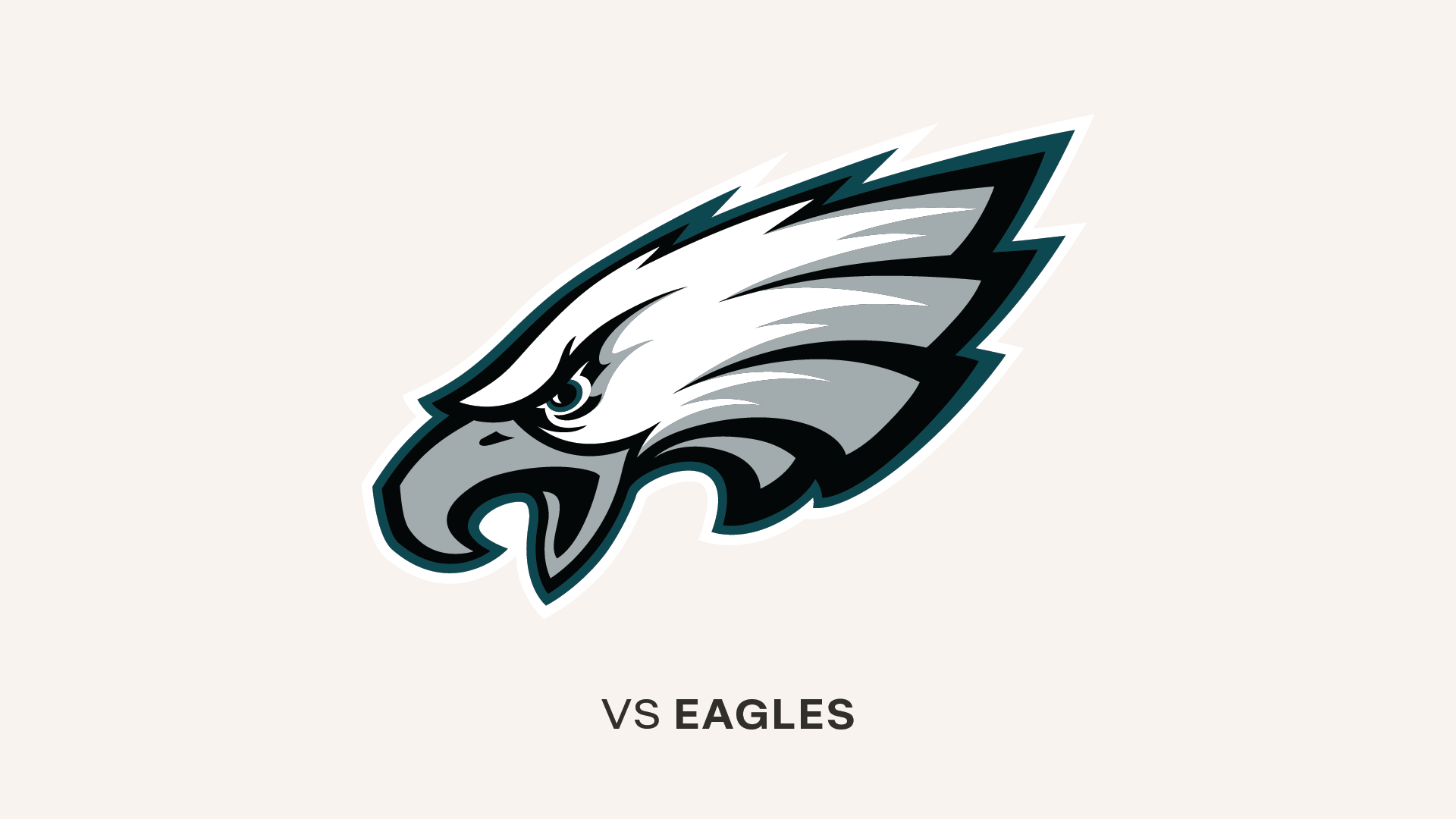P Josh Bidwell and K Matt Bryant each chased a handful of Buccaneer records in 2007
The 2007 Tampa Bay Buccaneers won nine games and the NFC South title just a year after posting their worst record (4-12) in 15 years. Many aspects of the team's improvement were obvious with or without the support of statistics.
The offensive line, for instance, was clearly more physical and aggressive than it was the year before, and that helped the team rise from 28th to 11th in the league's rushing yardage rankings. The Bucs ran the ball almost 100 more times than they had the year before, and improved their yards-per-carry mark significantly, from 3.8 to 4.2.
One could clearly see the improvement in the Bucs' defense, as well. Statistically, that was reflected in the team's move from an uncharacteristic ranking of 17th in total defense in 2006 all the way back up to second in 2007. To the naked eye, it was obvious that the defenders were swarming to the ball better, displaying better tackling form and finally creating turnovers again.
And perhaps no area saw a more dramatic turnaround than the team's quarterback play. To wrap it all up with one stat, the Bucs finished with a 66.2 passer rating in 2006 and a 91.7 rating in 2007. The 25.5-point difference between those two team passer ratings is the largest single-season increase in Buc annals since the 1978 squad improved by 29.5 points, putting up a 52.1 rating following the 22.6 mark of 1977. (Yes, you read those numbers correctly). Jeff Garcia – and even backup Luke McCown – operated with the type of accuracy and efficiency that the team hasn't seen since Brad Johnson's 2002 season, and you'll see their names featured prominently below.
But there's one improvement the 2007 Buccaneers made that might not have been as obvious as the season was developing. By at least one measure, the 2007 squad might have been the most disciplined in team history.
The Buccaneers were penalized 81 times for 614 yards this past season. Only six teams in the NFL absorbed fewer penalty yards. More importantly, no other Tampa Bay team that played a full 16 or 14-game schedule has ever hurt itself less.
The overall Buccaneer team record for fewest penalty yards in a season remains the 297 sustained by the 1982 squad. However, that was in a season shortened by a players strike to nine games. The previous record in a full season was 660 yards.
That flag avoidance was important, especially in keeping opposing teams from extending drives. The Bucs' defense allowed only seven first downs as the result of penalties all season, the lowest total in team history, including that 1982 campaign.
That the Bucs were able to show such discipline in their play was particularly impressive, given that the team had three rookies in the starting lineup and an offensive line that featured four first or second-year players. But that wasn't the only impressive accomplishment by the Bucs and many of the team's individual players during the 2007 season.
Let's take a look at the team and individual records that fell this past season, and a few others that came close to falling. In this case, we are referring to full season or multi-game records, as opposed to single-game marks, such as Earnest Graham's 13 receptions at Detroit, or longest single plays, such as Micheal Spurlock's 90-yard kickoff return against Atlanta.
**
Air Superiority
The Buccaneers used three different quarterbacks in 2007, just as they had done in 2006, but to much different results. The league's passing offense rankings are based on yards, so the team's rise from 26th in '06 to 16th in '07 doesn't seem that remarkable. However, as mentioned above, the team's overall passer rating made a significant leap.
In fact, it leapt right into team-record territory. The combination of work by Garcia, McCown and Bruce Gradkowski led to a team passer rating of 91.7, the best in franchise history. The previous record was set in 2004 when Brian Griese and his individual record of 97.5 helped produce an overall mark of 89.1.
A player or team's passer rating is produced using a rather complicated formula that combines four statistical elements: completion percentage, yards per pass attempt, touchdowns per pass attempt and interceptions per pass attempt. While the team's 18 touchdown passes weren't remarkable, the Bucs excelled in the other three categories.
In fact, Garcia's interception percentage of 1.22% was the best in team history. He was picked off only four times while throwing 327 passes, breaking the mark of 1.33 (six interceptions in 451 attempts) set by Johnson in 2002.
McCown (67.6%) and Garcia (63.9%) had two of the top three single-season completion rates in team history, if you want to include McCown, who threw 139 passes. The same question applies to individual passer rating, where Garcia comes in second on the all-time list at 94.6 and McCown is fourth at 91.7. Garcia's season stands fourth in team history in yards per pass attempt (7.46).
Passing Records Broken:
- 1.22% interception percentage, Jeff Garcia (previously 1.33 by Brad Johnson, 2002) * 197 consecutive passes without an interception, Jeff Garcia, 9/9-10/28/07 (previously 187 by Brad Johnson, 12/23/01-9/29/02) * 91.7 passer rating, team (previously 89.1, 2004) * 8 passes intercepted (previous low of 10, 2002) Other Notable Passing Performances:
- 94.6 passer rating, Jeff Garcia, 2nd all-time * 91.7 passer rating, Luke McCown, 4th all-time * 67.6% completion percentage, Luke McCown, 2nd all-time * 63.9% completion percentage, Jeff Garcia, 3rd all-time * 7.46 yards per pass attempt, Jeff Garcia, 4th all-time * 64.5% completion percentage, team, 2nd all-time **
Gaining Ground
In the intro above, we noted that the Buccaneers averaged 4.2 yards per carry in 2007 after mustering just 3.8 per tote in 2006. That is accurate, insofar as the NFL releases its statistics with that particular category limited to one decimal point.
The Bucs set their single-season yards-per-carry record in 2000, picking up 4.2 yards a shot. When one takes the average to its second decimal, it becomes clear that the 2007 rushing attack fell just short of the team record. Last year's runners combined to average 4.17 yards per carry, while the 2002 stable of runners put up a mark of 4.22.
For the most part, the Buccaneers' running game got close to several records without quite breaking any new ground.
Rushing Records Broken: * 6 consecutive games with a touchdown, Earnest Graham (previously 5 by three different running backs) Other Notable Rushing Performances:
- 10 rushing touchdowns, Earnest Graham, tied for 3rd all-time * 4.17 yards per carry, team, 2nd all-time **
A Leg Up
The Bucs have rarely had a combined placekicking/punting performance as good as they got from Matt Bryant and Josh Bidwell in 2007. Both kickers have been excellent since their respective arrivals in Tampa (Bryant in 2005, Bidwell in 2004), and both were already well-represented in the Bucs' record book before the 2007 campaign, but they may have collectively outdone themselves this past fall.
After posting a gross punting average of 43.9 in 2007, Bidwell now owns the top three seasons in that category in team history. Not to be outdone, Bryant became just the second player in team history to crack triple digits in scoring in a single season.
Throw in Spurlock's historic return and it was an eye-opening season for the Bucs' special teams.
Kicking/Return Records Broken: * 30 punts inside the 20, Josh Bidwell (tied previous mark set by Tom Tupa in 2002) * 100% extra point percentage (34-34), Matt Bryant (tied previous mark accomplished 12 other times) * 28.6-yard kickoff return average, Mark Jones (previously 27.4 by Karl Williams, 1996) Other Notable Kicking/Return Performances: * 118 points, Matt Bryant, 3rd all-time * 84.8% field goal percentage (28-33), Matt Bryant, 2nd all-time * 43.9-yard gross punting average, Josh Bidwell, 2nd all-time * 27.8-yard kickoff return average, Micheal Spurlock, 2nd all-time
































